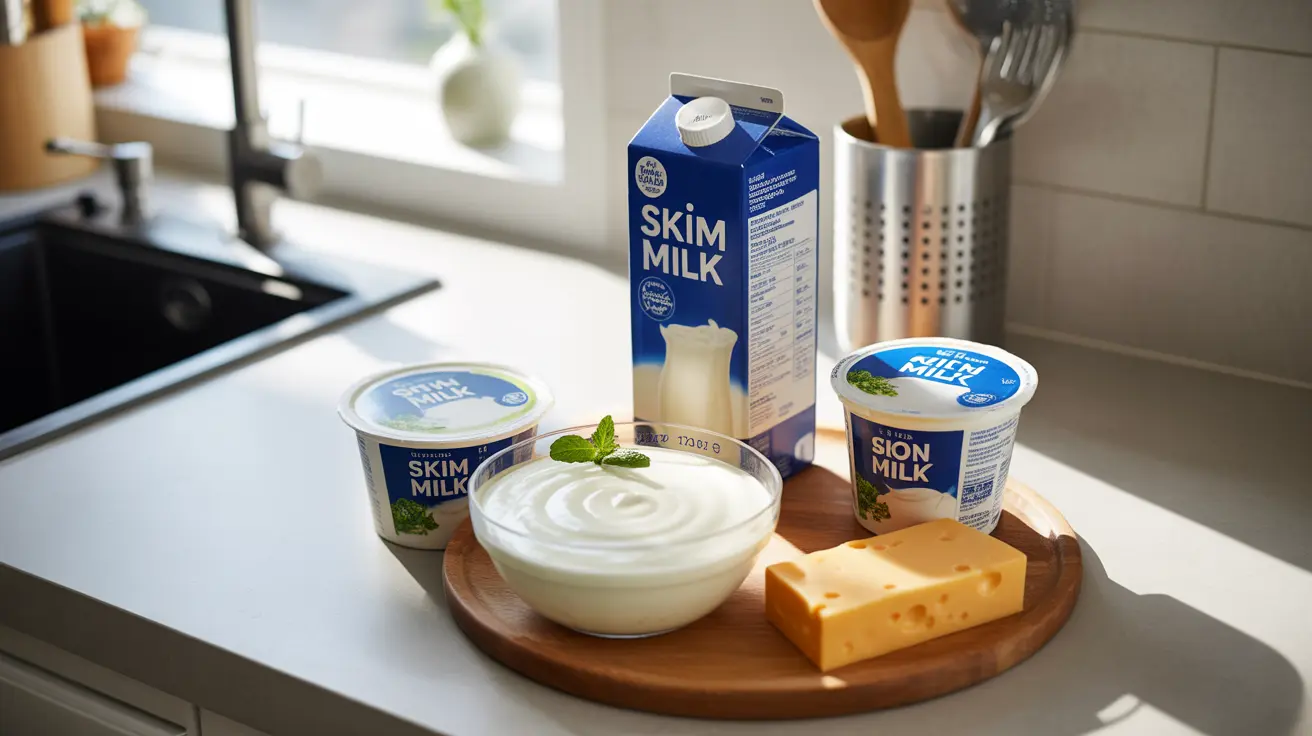For people living with gout, understanding which foods help or harm their condition is crucial for managing symptoms and preventing painful flare-ups. When it comes to milk and dairy products, there's often confusion about their role in gout management. Recent research suggests that milk might actually be beneficial for people with gout, contrary to some common misconceptions.
Let's explore the relationship between milk consumption and gout, examining how different dairy products can affect uric acid levels and what choices might be best for people managing this form of inflammatory arthritis.
The Science Behind Milk and Gout Management
Research has shown that milk proteins can help lower uric acid levels in the blood, which is crucial for gout management. These proteins work by promoting the excretion of uric acid through the kidneys and potentially reducing inflammation in the joints.
Studies have specifically identified that dairy proteins called caseins and whey proteins may have anti-inflammatory properties that could help reduce gout symptoms. Additionally, milk is rich in vitamin D and calcium, which support overall joint health.
Benefits of Including Milk in a Gout-Friendly Diet
Several advantages make milk a potentially valuable addition to a gout management plan:
- Low purine content compared to many other protein sources
- Anti-inflammatory properties
- High calcium content for bone health
- Good source of hydration
- Contains proteins that may help reduce uric acid levels
Choosing the Right Dairy Products
Low-Fat vs. Full-Fat Options
When selecting dairy products, low-fat options are generally recommended for people with gout. This is because high-fat dairy products may contribute to inflammation and weight gain, which can worsen gout symptoms.
Recommended Dairy Choices
The following dairy products are typically safe and beneficial for people with gout:
- Skim or low-fat milk
- Non-fat yogurt
- Low-fat cottage cheese
- Reduced-fat cheese options
- Fat-free buttermilk
How to Incorporate Milk into Your Gout Management Plan
To maximize the potential benefits of milk for gout management, consider these strategies:
- Start with 1-2 servings of low-fat dairy products daily
- Use milk as a protein alternative to high-purine foods
- Include dairy products in your breakfast routine
- Consider having milk with medications (unless contraindicated)
- Stay consistent with dairy intake for best results
Frequently Asked Questions
Is drinking milk bad for gout or can it actually help reduce gout symptoms?
Drinking milk is not bad for gout; in fact, it can help reduce gout symptoms. Research suggests that milk proteins can help lower uric acid levels and may have anti-inflammatory properties that benefit people with gout.
What types of milk and dairy products are safe or recommended for people with gout?
Low-fat and fat-free dairy products are generally recommended for people with gout. This includes skim milk, low-fat yogurt, and reduced-fat cheese. These options provide the benefits of dairy while minimizing potential inflammatory effects from excess fat.
How does low-fat milk affect uric acid levels and gout flare-ups?
Low-fat milk can help reduce uric acid levels in the blood by promoting its excretion through the kidneys. Regular consumption of low-fat milk may help decrease the frequency and severity of gout flare-ups.
Can milk proteins support the removal of uric acid from the body in gout patients?
Yes, milk proteins, particularly caseins and whey proteins, can support the removal of uric acid from the body. These proteins appear to enhance the excretion of uric acid through the kidneys, helping to maintain healthy uric acid levels.
Should people with gout avoid high-fat dairy and choose low-fat or fat-free options instead?
Yes, people with gout should generally choose low-fat or fat-free dairy options over high-fat alternatives. High-fat dairy products may contribute to inflammation and weight gain, which can worsen gout symptoms. Low-fat options provide the benefits of dairy while minimizing these potential risks.




